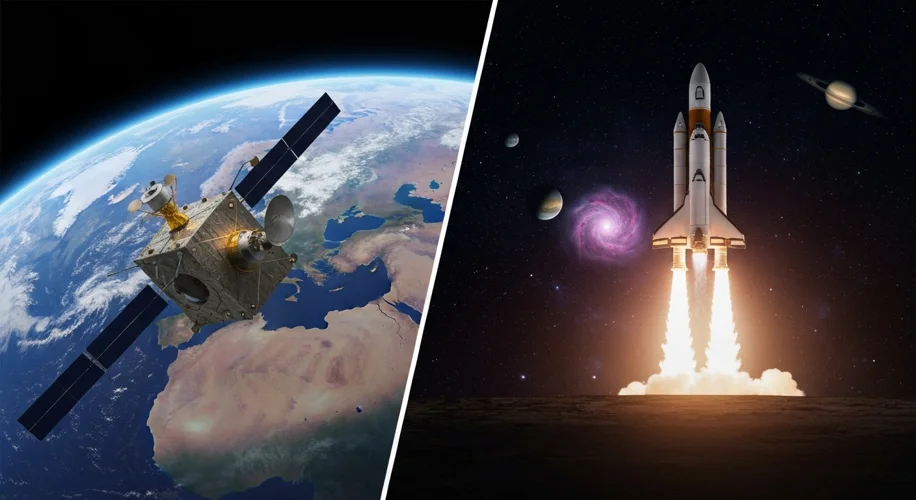As of August 16, 2025, NASA’s acting chief, Bill Nelson, has stirred quite a conversation by suggesting a significant shift in the agency’s priorities. The proposal? To move Earth science, particularly climate research, to the “backburner” to focus more intensely on space exploration.
This announcement, reported by outlets like Ars Technica and 富途牛牛, has sparked a lot of discussion about NASA’s role and how it allocates its vast resources. For those of us who have dedicated our careers to understanding our planet – like myself, with a PhD in Atmospheric Science from MIT – this news raises important questions.
NASA has long been a leader in observing our planet. Its Earth-observing satellites provide critical data on everything from atmospheric conditions and ocean currents to ice sheet melt and deforestation. This information is fundamental to our understanding of climate change and its impacts. For years, we’ve relied on NASA’s meticulous work to model climate scenarios and inform policy.
So, what does it mean when the agency that has so powerfully documented our planet’s changes considers stepping back from that crucial role? The acting chief’s sentiment seems to be that climate science is a well-established field, and perhaps other bodies can take the lead. The idea is to free up resources and focus NASA’s considerable talent and technological prowess on reaching further into space, exploring new frontiers, and pushing the boundaries of human and robotic exploration.
It’s a bit like a family deciding to reallocate their time and budget. If a family has always invested heavily in educational programs for one child, but then decides to shift more focus to another child’s budding talent in music, it’s a significant change. It doesn’t necessarily mean the first child is neglected, but the emphasis has definitely moved.
For climate scientists and environmental advocates, this potential shift is concerning. The data NASA collects is not just academic; it has real-world implications for how we prepare for and respond to a changing climate. This is especially true for communities that are on the front lines of climate impacts, often those who have contributed the least to the problem. The insights we gain from Earth observation help us understand vulnerabilities and develop strategies for resilience.
On the other hand, the allure of space exploration is undeniable. Pushing the boundaries of what’s possible, looking for life beyond Earth, and understanding the cosmos are deeply human endeavors. NASA’s contributions here have always inspired awe and driven technological innovation.
This discussion highlights a fundamental tension in how we prioritize scientific inquiry. Do we focus on understanding and protecting our home planet, or do we prioritize exploring the vast unknown beyond it? Ideally, we’d do both, but with limited resources, choices have to be made.
Moving forward, it will be crucial to see how this potential reorientation is implemented. The legacy of NASA’s Earth science work is immense, and its continuation, in some form, will remain vital for understanding our planet’s future.

